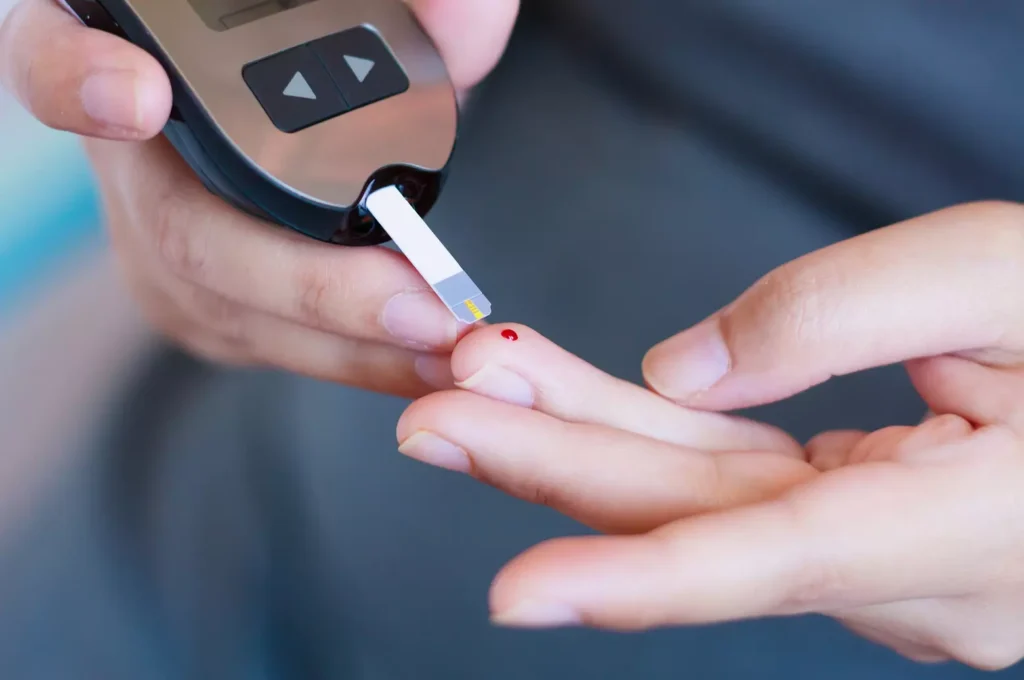Making a Difference: Your Guide to Diabetes Advocacy and Awareness Campaigns
Share IT

Launch Your Dream Website with Us!
Click Here to Get in touch with Us.
Categories
Diabetes Advocacy Campaigns
Raising Our Voices: An Overview of Diabetes Awareness and Advocacy Initiatives
Worldwide, millions of individuals suffer with diabetes. Even while improvements in therapy provide optimism, promoting change and increasing awareness are still essential. This blog post explores the world of diabetes advocacy and awareness initiatives, emphasising its significance and offering helpful advice for participating.
Thank you for reading this post, don't forget to subscribe!Table of Contents

Why Do Awareness and Advocacy Campaigns Matter?
Diabetes Advocacy Campaigns
These campaigns are essential to:
- Increasing public awareness: Early diagnosis and improved self-care habits can result from educating the public about diabetes symptoms, risk factors, and management techniques.
- Dismantling stigma: There are a lot of myths about diabetes. Campaigns for awareness can debunk these misconceptions and advance comprehension.
- Advocacy campaigns: have the power to influence policy changes by advocating for measures that increase access to reasonably priced medications, healthcare services, and funding for diabetes research.
- Creating a community that is supportive: Campaigns help people with diabetes find resources, which promotes a feeling of belonging and common experience.
Different Kinds of Awareness and Advocacy Campaigns
Diabetes Advocacy Campaigns
These campaigns come in a variety of shapes, all trying to accomplish distinct objectives and connect with target audiences:
- Social media campaigns: Make use of sites like Facebook, Instagram, and Twitter to share personal anecdotes, raise awareness, and promote conversations around diabetes.
- Community events: To generate money and awareness for diabetes support organisations and research, plan neighbourhood events such as walks, marathons or educational workshops.
- Public relations initiatives: Speak with media representatives to disseminate diabetes information and promote legislative reforms.
- Campaigns for lobbying: Assist lawmakers in promoting laws that assist individuals with diabetes and fund diabetes research projects.
- Initiatives for the workplace and schools: Inform staff and students about diabetes, encourage good lifestyle choices, and foster a supportive atmosphere.
Discovering Your Voice and Participating:
Diabetes Advocacy Campaigns
There are several ways for people to participate in campaigns to raise awareness and advocate for causes:
- Join a diabetic advocacy group: There are chances to volunteer, take part in campaigns, and speak up for diabetes through groups like the Juvenile diabetic Research Foundation (JDRF) and the American Diabetes Association (ADA).
- Tell us about yourself: Participating in patient advocacy programmes or posting about your experiences with diabetes on social media can inspire and increase awareness.
- Speak with your representatives in government: Speak up in favour of laws that advance diabetes education, prevention, and accessible medical care.
- Encourage fundraising activities: Take part in walks, marathons or other fundraising activities to help raise much-needed money for diabetes support services and research.
Teach others: To debunk misconceptions and advance awareness, discuss diabetes with friends, family, and coworkers.
Formulating a Successful Awareness Campaign
Diabetes Advocacy Campaigns
Here are some important considerations if you’re thinking of starting your own awareness campaign:
- Identify who your target market is: You are attempting to contact who? Make your message and strategies more relatable to them.
- Establish definite objectives: With your campaign, what goals do you hope to accomplish? Increasing consciousness? promoting wholesome behaviours? advocating for a particular policy?
- Create a message that is compelling: Create an engaging message that speaks to your target audience in a clear, succinct, and powerful way.
- Select the appropriate channels of communication: Choose media and techniques that will help you connect with your target market.
- Make use of interesting stuff: To draw in viewers and leave a lasting impression, include interactive features, stories, and images in your message.
- Calculate your influence: Monitor the impact, reach, and engagement of your campaign to determine its efficacy and make any necessary corrections.
Diabetes Advocacy Campaigns
Recall that every voice matters. Participating in advocacy and awareness campaigns can be a vital part of increasing public awareness, promoting constructive change, and building a brighter future for those with diabetes.
Diabetes Advocacy Campaigns
Notice: The information in this blog post is broad in nature and should not be used in place of expert medical or legal counsel. For advice on how to participate in advocacy initiatives and discuss your particular needs, always speak with your healthcare physician.

Launch Your Dream Website with Us!
Click Here to Get in touch with Us.





























































Recent Comments